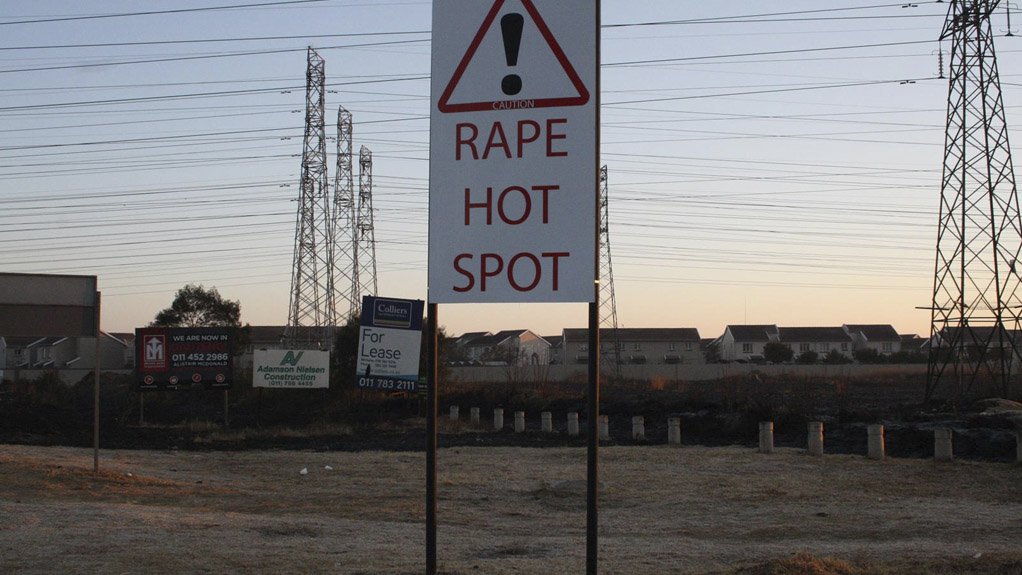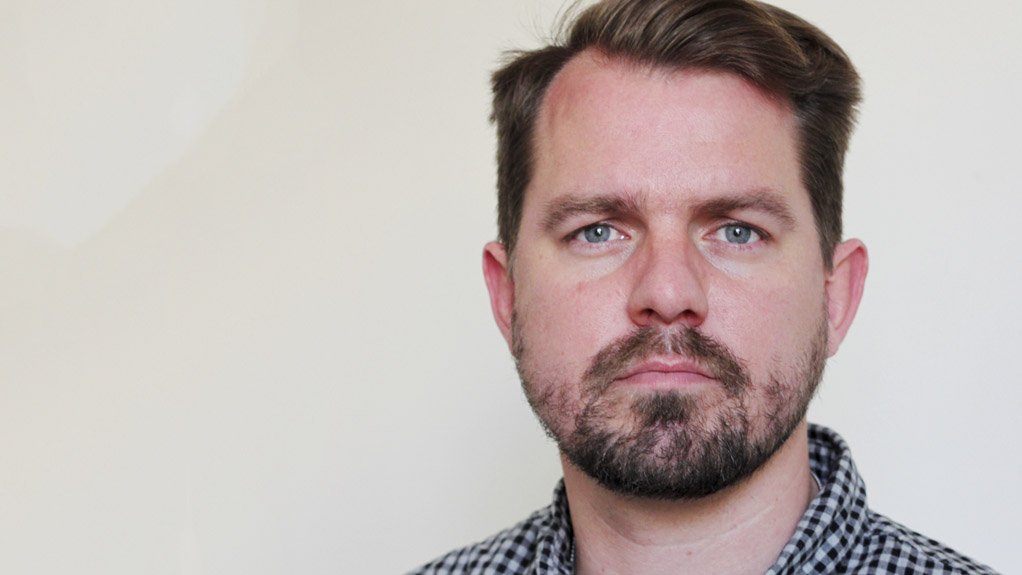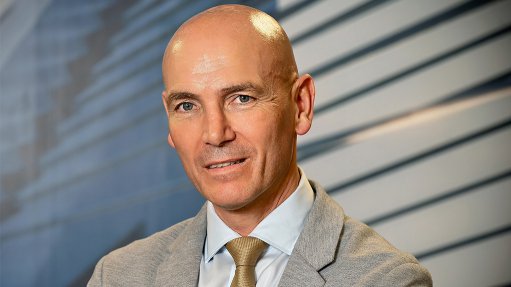NGO calls for ‘deeper reflection’ on factors that make women in mining communities vulnerable to sexual violence



WORRYING SIGNS Around 11 000 women and girls in Rustenburg are raped each year
GARRET BARNWELL Unemployment is high among women in the region, which creates conditions that promote economic dependency on men who are employed at the mines
While there are many factors that increase the risk of women being raped that are generalisable to the rest of South Africa, there is need for deeper reflection on the factors that make women in mining communities more vulnerable to this scourge.
This is the view of Garret Barnwell, Rustenburg humanitarian officer for international humanitarian aid organisation Médecins Sans Frontières (MSF), or Doctors Without Borders in English. He argues that such reflection should inform the response of various stakeholders to the high incidence of rape in the Rustenburg local municipality region, in the North West.
A report based on an in-depth survey of more than 800 women aged between 18 and 49, which was published by MSF last month, reveals that one in four women living in this region has been raped in her lifetime, with about half of the women interviewed having been subjected to sexual violence or intimate partner physical violence. Extrapolating these figures to the municipality as a whole, around 11 000 women and girls in Rustenburg are raped each year.
Only 5% of the women interviewed had told a health professional about their experience of rape.
“As MSF, we still need to understand more about what is driving rape in the platinum mining belt. While there are many similarities with other settings in South Africa, there are also particular conditions that make women more vulnerable in mining communities,” Barnwell says.
He highlights that the mining economy draws many people who hope to benefit from the extractive economy to the area. For some, the mines create economic growth, but for others the hopes of finding work are unsuccessful, or pay is very little. Consequently, informal settlements, characterised by poverty and an absence of basic services, have cropped up around the mines.
Barnwell points out that unemployment is considerably high among women living in these areas, creating conditions that promote economic dependence on men who are employed at the mines. “As a result, we have found that many women are particularly vulnerable to violence, financial dependence on others and disease.”
He says that a prominent, legally binding initiative to improve the socioeconomic conditions in mining host communities, which endure a “disproportionate” negative socioeconomic impact from the development of the mines, is the development of mining companies’ social and labour plans (SLPs).
The Department of Mineral Resources, in a May 2015 assessment, reported that, nationally, only 36% of mining right holders had met their SLP obligations.
Meanwhile, the Centre for Applied Legal Studies (CALS) at the University of the Witwatersrand in a report published in March found that SLPs downplayed the negative impact of mines on local and labour-sending communities.
The report highlighted that only 26% of SLPs included potential negative effects of the mines and 40% did not mention the impacts of mining at all.
Some mines have highlighted population increases, which are putting strain on local communities and public services.
However, Barnwell says that 80% of SLPs do not address population influx. He adds that there are also crucial gender disparities in affected communities. “The mining industry is still dominated by men, adding that these are some of the factors that SLPs should address.
He notes that, in the community where MSF works, 60% of women are unemployed. Barnwell remarks that, while there is a need to improve gender disparity, only 38% of SLPs in South Africa deal with gender in relation to recruitment and employment, pointing out that, according to the CALS, 10% of SLPs do not deal with the gendered impacts of mining.
He says that, as a medical professional, the high levels of violence experienced by women in Rustenburg municipality and the low number of survivors accessing care are of great concern to him.
“There is a pressing need to increase access to care for survivors of sexual violence in the platinum mining belt, as well as the rest of South Africa. Further, there are particular issues that relate to the gendered impacts of mining that should be considered and meaningfully addressed in the development of policies and SLPs,” Barnwell states.
In the Rustenburg municipality, MSF works with the North West Department of Health in the provision of comprehensive medical and psychosocial care. The organisation has not yet formally engaged about the report’s findings with the mining companies in the region.
However, Barnwell stresses that it is equally important to clarify that, based on international humanitarian principles, MSF does not accept donations from the mining industry to ensure independence and neutrality, as he says that “the extractive industry can arguably be an indirect participant in a variety of conflicts in which MSF works”.
Comments
Press Office
Announcements
What's On
Subscribe to improve your user experience...
Option 1 (equivalent of R125 a month):
Receive a weekly copy of Creamer Media's Engineering News & Mining Weekly magazine
(print copy for those in South Africa and e-magazine for those outside of South Africa)
Receive daily email newsletters
Access to full search results
Access archive of magazine back copies
Access to Projects in Progress
Access to ONE Research Report of your choice in PDF format
Option 2 (equivalent of R375 a month):
All benefits from Option 1
PLUS
Access to Creamer Media's Research Channel Africa for ALL Research Reports, in PDF format, on various industrial and mining sectors
including Electricity; Water; Energy Transition; Hydrogen; Roads, Rail and Ports; Coal; Gold; Platinum; Battery Metals; etc.
Already a subscriber?
Forgotten your password?
Receive weekly copy of Creamer Media's Engineering News & Mining Weekly magazine (print copy for those in South Africa and e-magazine for those outside of South Africa)
➕
Recieve daily email newsletters
➕
Access to full search results
➕
Access archive of magazine back copies
➕
Access to Projects in Progress
➕
Access to ONE Research Report of your choice in PDF format
RESEARCH CHANNEL AFRICA
R4500 (equivalent of R375 a month)
SUBSCRIBEAll benefits from Option 1
➕
Access to Creamer Media's Research Channel Africa for ALL Research Reports on various industrial and mining sectors, in PDF format, including on:
Electricity
➕
Water
➕
Energy Transition
➕
Hydrogen
➕
Roads, Rail and Ports
➕
Coal
➕
Gold
➕
Platinum
➕
Battery Metals
➕
etc.
Receive all benefits from Option 1 or Option 2 delivered to numerous people at your company
➕
Multiple User names and Passwords for simultaneous log-ins
➕
Intranet integration access to all in your organisation




















